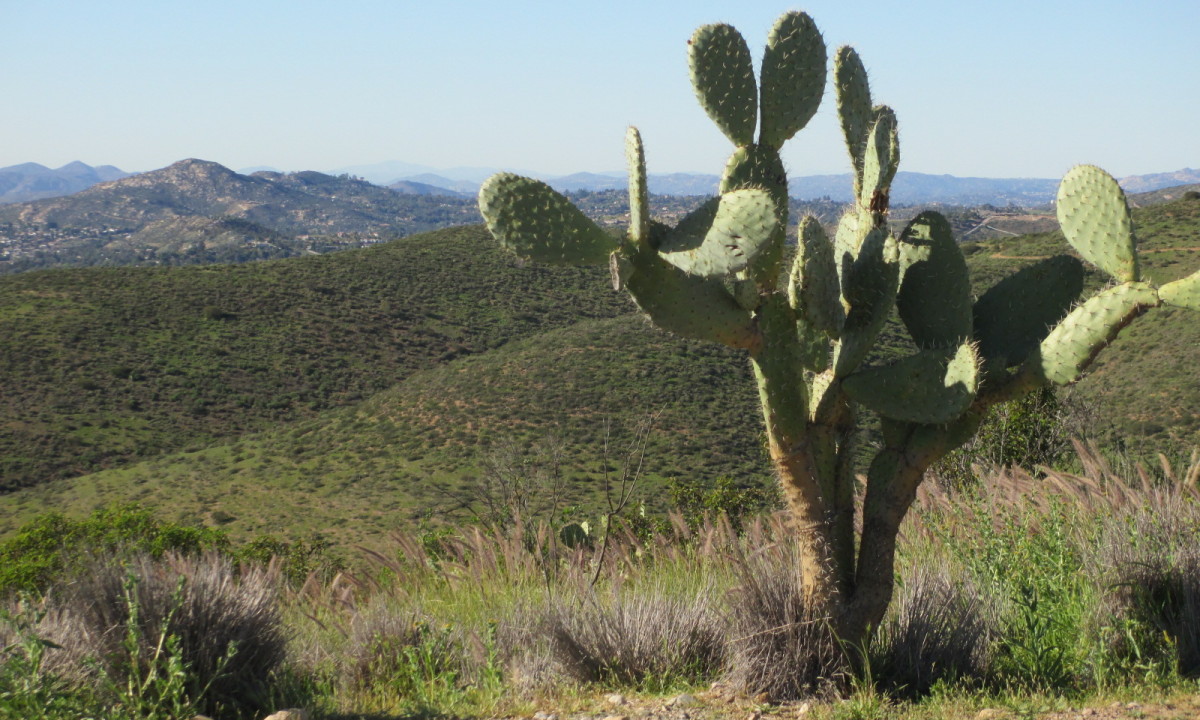#Lexember 18 pai “young”; ðurš “old”. These words are used only for humans and other animals.
Therefore I’ll need other words for “new,” “fresh,” “old [inanimate thing].” Also I’ll need to think about words/usages that might express different connotations of Eng. “old” vs. “elderly” vs. “aged” vs. “elders,” etc.
#Lexember 19: jan- (bound morpheme) “long time” and related concepts. Hence:
ˈjanðurš (“long time” + “old”) very old (human/animal).
ˈjanpai (“long time” + “young”) — no, this doesn’t mean “very young.” It’s more like “immature adult,” “boy who never grew up,” “Peter Pan,” but without a specific gender implication. Recovering addicts sometimes use it mordantly to refer to themselves because of their supposed lack of emotional devlopment during their years of substance abuse.
#Lexember 20: Let’s do some reduplication.
ˈpaipai (“young young”) baby (human/animal)
